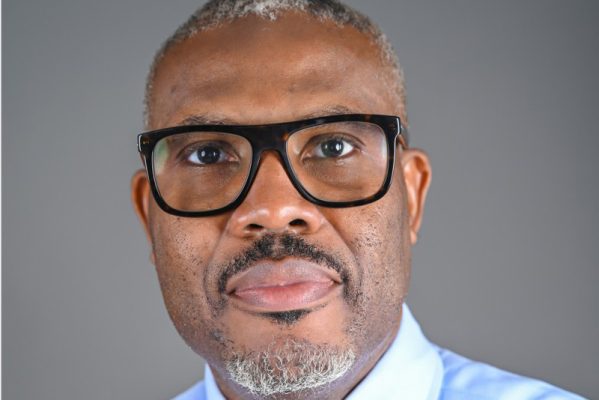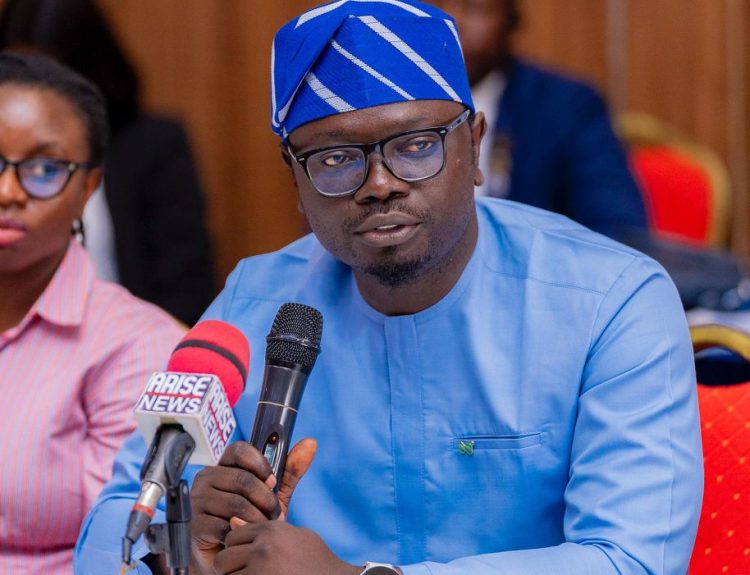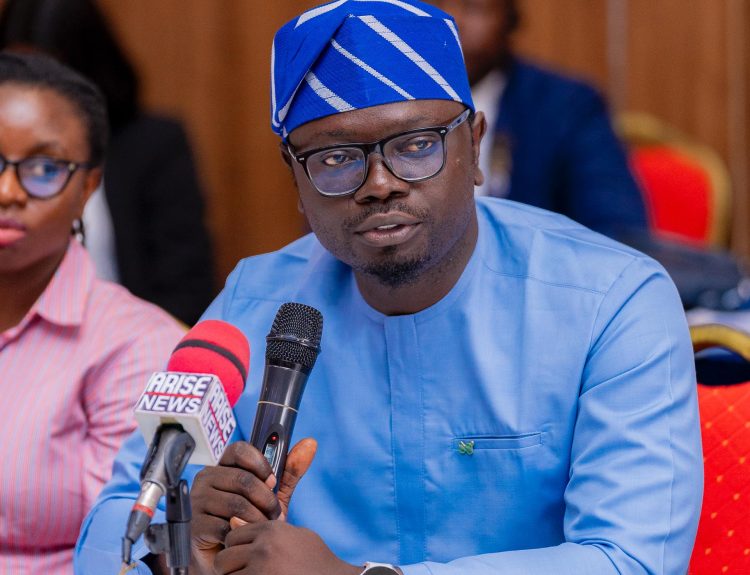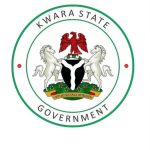Stakeholders in Nigeria’s $76 billion telecoms industry have raised alarm over growing regulatory overlaps that continue to stifle growth, discourage investment, and complicate operations. This concern topped discussions at the 2025 Annual General Meeting and National Executive Council (NEC) elections of the Association of Telecommunications Companies of Nigeria (ATCON), held in Lagos.
ATCON President Tony Izuagbe Emoekpere, who was re-elected unopposed for another two-year term, described the trend of non-core government agencies imposing levies on telecom operators as unsustainable. “We cannot operate in a climate where every agency seeks to charge the same operators for overlapping services,” he said, warning that fragmented regulation is pushing the industry into hostile terrain.
Themed ‘Impact of Adjacent Agencies on the Nigerian Telecom Sector: The Way Forward’, this year’s meeting drew sharp criticism of what participants called unchecked interference from unrelated regulatory bodies. Industry leaders called for a unified regulatory model to replace the current maze of overlapping policies and fees.
Former ATCON President Ikechukwu Nnamani also decried internal fragmentation within the sector, particularly unhealthy price wars that undermine collective negotiations. “We advocate higher tariffs but undercut each other when it’s time to engage major clients,” he noted.
In a move to address the sector’s mounting challenges, Emoekpere unveiled the formation of an Industry Think Tank Committee. “We must move from talk to structure,” he declared, aiming to standardize advocacy and sector engagement.
The association also announced the launch of the ATCON Academy, a talent development initiative to equip young Nigerians with essential telecom and digital skills. Emoekpere said the academy is a direct response to the workforce gap created by the continued ‘Japa’ wave and overreliance on foreign technical experts.
ATCON Vice President and IXPN CEO Muhammed Rudman highlighted the mismatch between Nigeria’s education system and the telecom sector’s needs. He criticized institutions like the Digital Bridge Institute (DBI) for underperformance and urged the Federal Government to draw inspiration from countries like India and Singapore. “India produces 70 to 100 unicorns yearly. Nigeria has only seven. That should worry us,” he said.
Rudman also proposed creating a dedicated ICT Think Tank to collaborate with universities and help bypass sluggish bureaucratic systems. “The President must make deliberate efforts. Advocacy alone won’t change this,” he insisted.
To address workforce gaps, telecom operators agreed on adopting an open-door internship model to give students real-world exposure and improve employability. They called for strategic collaboration with tertiary institutions to overhaul outdated curricula and integrate industry knowledge.
Meanwhile, Emoekpere committed to repositioning ATCON for stronger advocacy, especially around critical telecom infrastructure. He decried frequent fibre cuts and the poor enforcement of the Critical National Information Infrastructure (CNII) Act, signed last year by President Bola Ahmed Tinubu. “We want immediate implementation to safeguard telecom infrastructure nationwide,” he said.
ATCON also announced plans to engage Ministries of Works and state ICT Commissioners at an upcoming forum to push for full CNII compliance across the federation.














